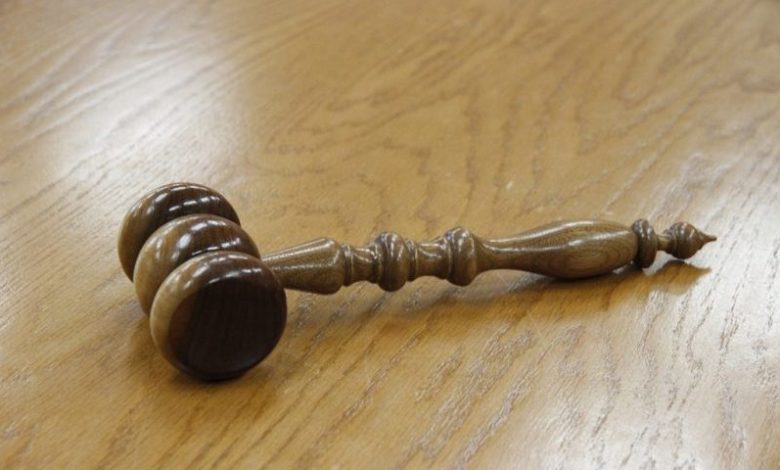Gove delivers new bill to give animal abusers tougher sentences

Environment secretary Michael Gove has announced a new bill to enable tougher prison sentences for the worst animal abusers and introduced it to Parliament yesterday (Tuesday 25 June).

Become a member for unlimited access
Remove all content restrictions with a membership account. First-year special offer pricing. Cancel any time.
You have read 2/2 free articles this month.

How many members should have access to the subscription?
Monthly
Yearly
Save £9.89
No, thanks
I already have an account

Environment secretary Michael Gove has announced a new bill to enable tougher prison sentences for the worst animal abusers and introduced it to Parliament yesterday (Tuesday 25 June).